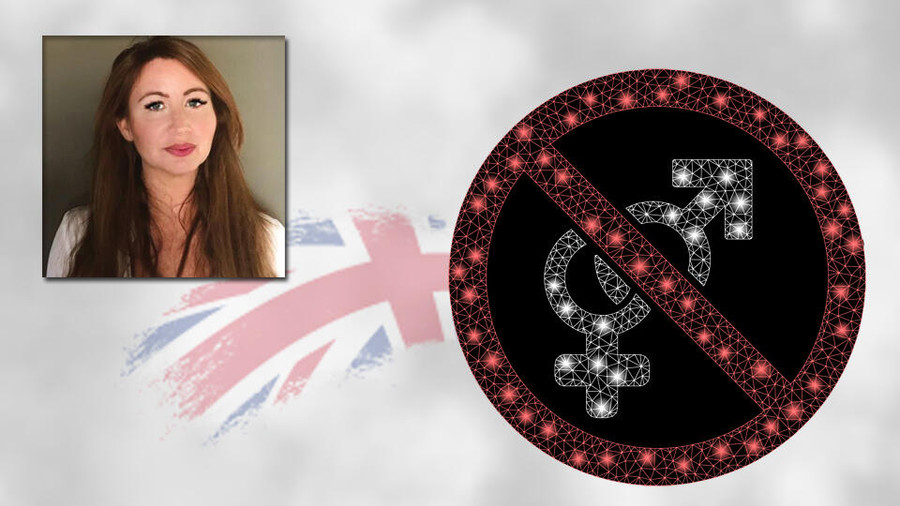Perhaps one of the strangest things I saw in the U.K. in the last month was a conversation about the “casual sex ban” that’s in place here thanks to coronavirus. It was a person giggling while trying to avoid defining “casual” because he was so nervous about tackling the sex issue. And no, it wasn’t a 12-year-old: it was U.K. Health Secretary Matt Hancock.
Updated U.K. government guidance on social distancing includes instructions that people should avoid physical contact with people they don’t live with; unless they are strictly part of a support bubble or for other very limited reasons. Those guidelines have now been updated, effectively allowing people in “established” relationships to meet up and have sex, though the ban on “casual sex” is still in force.
When government rules impact people’s sex lives, I think we all have a right to be given clear, useful information rather than giggles and innuendo.
What counts as an “established relationship?” Can you be intimate with a long-term friend and form sex buddies, as per the Dutch government’s recommendations? Are you only established if you have been having sex for a period of three months? Six months? A year? Perhaps you count as established if you’ve told each other you love each other, or reached the stage where you can comfortably shower with the bathroom door open. There are any number of funny and lighthearted interpretations flying around Twitter, but at the heart of it is a really important question, especially for the many people who have already spent so much of this year isolated from friends and family, who are desperately missing intimate contact.
Yet despite how important this is, in an interview with Kay Burley from Sky News, Hancock blustered around the question of what counts as an “established” relationship and how to define “casual” sex, leaving people potentially even more confused than they might have been before watching. He clarified that he is definitely in an “established relationship” with his wife, which we could probably all have guessed ourselves, but he wouldn’t be drawn further on what counts as “casual” for the purposes of the law. The problem here is not just the lack of clarity, but the fact that the U.K. health secretary was too busy giggling to engage with Kay Burley’s questions.
This matters, because sex is not a frippery that we can just set to one side if we become too embarrassed to have the conversation. Sex is an important part of human connection, and (as any abstinence-only sex-ed program will prove time and again,) simply telling people they can’t have it is always going to be wildly ineffective. When government rules impact people’s sex lives, I think we all have a right to be given clear, useful information rather than giggles and innuendo.
What would happen if, instead of Hancock, Burley had interviewed some people from the adult industry, or sexual health charities, about the measures people could take to reduce the spread of coronavirus through sexual contact? There are some shining examples of fantastic organizations giving practical advice that would have been far more helpful.
I have seen numerous sex toy companies writing blog posts and guidance about safe sex during coronavirus. If you’re wondering, the top tips are to embrace masturbation (whether socially-distanced mutual masturbation or masturbation over webcam), ramp up your communication about contacts, and remember that your safest sex partner is always yourself. There are also some great tips about positioning to avoid spreading the virus, as well as fabulous guides on cleaning sex toys and ensuring that you’re as COVID-safe as you can be if you’re living in shared accommodation. Elsewhere, the Terrence Higgins Trust has recently published some fantastic, clear, helpful information on sex in the time of coronavirus, and many mainstream media outlets are doing their part to educate people on how the virus can spread during intimate contact, and what to do to mitigate the risks.
During these extraordinary times, the government’s guidance on social distancing and other behavior (I’m sure we’re all sick of singing “Happy Birthday” to ourselves when we wash our hands by now!) can only ever be an exercise in mitigating risk. There is no guarantee that you won’t catch, or spread, COVID-19. So, I do have some sympathy for the advisors who are currently trying to walk the line between halting the spread and not curtailing too many of our freedoms. Nevertheless, at the start of the pandemic, it was generally accepted that the best way to do this was by giving clear messaging to the public. We were urged to “stay at home, protect the NHS, save lives.” Simple! But when it comes to sex, what do we have other than vague nods towards the difference between “casual” and “established” relationships, and a health secretary who can’t explain it without dissolving into teenage giggles? I wish I could sit Hancock down for a little bit of sex education — and show him some of the shining examples of practical sex advice coming from charities and the adult industry that he could learn from if he’s serious about preventing coronavirus spreading through intimate contact. I’d also tell him, frankly, that his giggling reaction and failure to address the issue is far more embarrassing than a bit of casual sex.
Julia Margo is the co-founder of Hot Octopuss.








